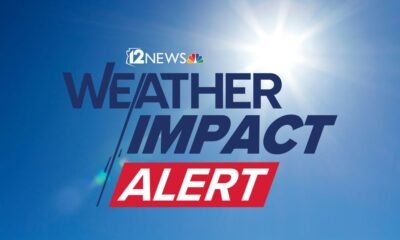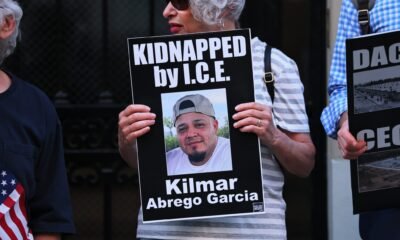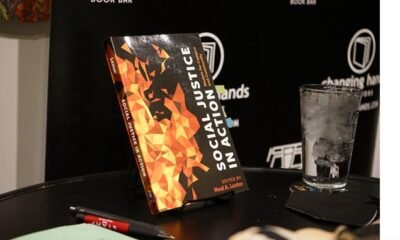arizona
Arizona’s Push to Illuminate Political Dark Money Sparks Privacy Concerns

A conservative advocacy group presented its case to the Ninth Circuit on Thursday, arguing that an Arizona law aimed at increasing transparency in campaign finance infringes on donor privacy. This law, known as the “Voters Right to Know Act,” was enacted in 2022 with support from over 70% of Arizona voters. It mandates that statewide campaigns spending over $50,000 disclose the identities of donors who contribute more than $5,000, regardless of whether those donations are directly tied to the campaign.
Derek Shaffer, attorney for the nonprofit Americans for Prosperity, highlighted in court that the law extends disclosure requirements to indirect donors. He illustrated his point by explaining how a donor’s contribution to a church could eventually link them to a political candidate through a series of other donations. This, he argued, could violate both the donor’s right to privacy and the First Amendment right to free association, compelling individuals to be associated with political positions they do not support.
In 2023, Americans for Prosperity filed a lawsuit against the Citizens Clean Elections Commission of Arizona, responsible for enforcing the law. The group contends that the law stifles free speech and coerces association, asserting that the statute could expose personal financial relationships to undue scrutiny. Following the dismissal of its complaint by U.S. District Judge Roslyn Silver, the organization appealed in May 2024.
Shaffer further argued that requiring donors to trace the origins of their contributions could invade their financial privacy. “If you can do that, there’s really no logical stopping point,” he cautioned. Conversely, the Citizens Clean Elections Commission contends that major donors, the primary targets of the law, are typically well-informed about the allocation of their funds.
Commission attorney Eric Fraser countered that savvy donors often understand the impact of their contributions. He maintained that the law serves to enlighten voters about the origins of campaign financing, asserting that it does not infringe upon First Amendment rights. Questions arose during the hearing about the practical implications of the law, with U.S. Circuit Judge Patrick Bumatay inquiring whether upstream organizations, like churches, would need to disclose the origins of their donations.
David Kolker, representing the sponsors of the 2022 initiative, responded that such disclosures would indeed be required to comply with the law. The complexities of tracing donations prompted Bumatay to remark on the significant burdens this could place on donors.
Currently, a portion of the law that restricts the Legislature from hindering enforcement actions is on hold, pending review by the state Supreme Court. Legislative leaders challenged this provision in August 2023, although the appeals court has maintained its status. Bumatay suggested the panel might wait for the Supreme Court’s ruling, though both parties expressed confidence that the current case and the state review do not overlap legally.
As the session concluded, the panel, which includes judges appointed by both Democratic and Republican presidents, did not indicate whether they would delay their ruling pending the outcome of the Supreme Court’s assessment.


















